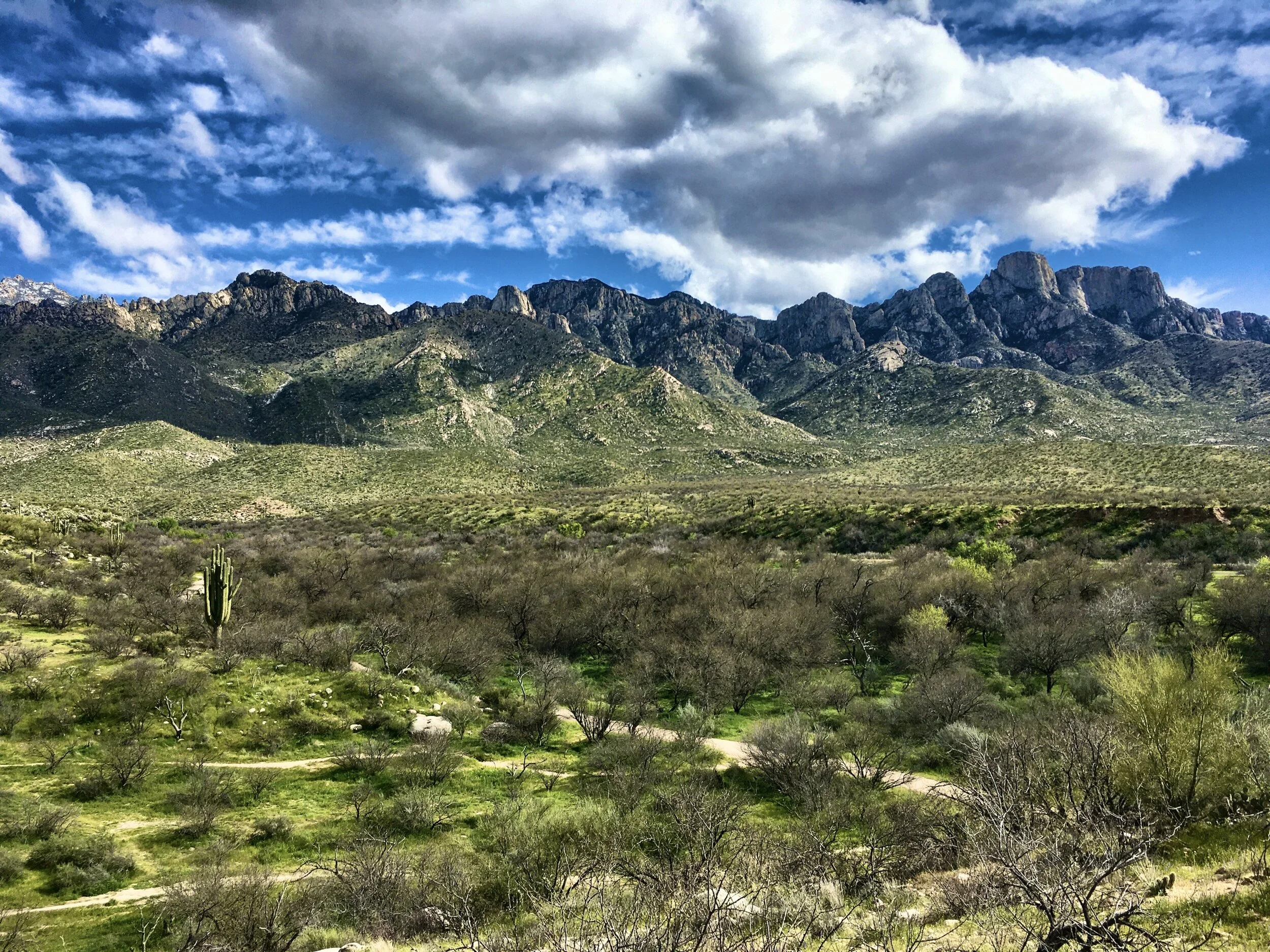The Pandemic Reveals Our True Relationship with the Outdoors
When the lockdowns hit in March, I was in the midst of a camping and riding trip in Arizona. Catalina State Park, Tucson, Arizona.
If you can somehow disregard the fact that COVID-19 has killed over a million people, I may have cast a bit too much shade against the pandemic in last week's blog post. While the pandemic has accelerated the move inside for many people, for a different group of people, it's had the exact opposite effect.
Numerous articles and studies from around the world have shown that in these desperate times, many people are viewing the outdoors as an escape. In my personal corner of the world--the mountain bike industry--demand for bikes has absolutely exploded this year, catching brands by complete surprise and causing brands and shops to completely run out of inventory in some instances. In a recent news article, Canyon reported a mind boggling 30% growth in global sales in 2020 alone!
So how do we reconcile these two very different approaches to the radical upheaval of our daily lives?
Three Different Categories of People
For purposes of this discussion, we can divide people (at least people in developed countries) into three different categories:
People that go outside as often as possible.
People that don't go outside.
People that love to go outside, but don't go outside as often as they'd like.
My basic theory is this: the pandemic has accelerated the rate of change, the natural predispositions and propensities of all three of these various groups.
The article posted last week perhaps a bit unfairly focused on category 2. The article basically showed that average screentime consumption is increasing, which could be accounted for by category 2 people. However, the changes in our society are rapidly increasing the total number of people in category 2--this is one of the core problems as I see it.
If you were already a category 1 person when the pandemic hit, not much would change. You could already go outside as much as your heart desired, and the virus, for the most part, didn't hamper most Americans from enjoying the beauty of nature.
But if we're being honest, most of us fall into category 3. We love going outside, but for one reason or another, we don't get to go out as often as we'd like. Even if we do challenge ourselves to head out the door and cover a mile every single day, 365 days per year, that's still not a large amount of time spent outside on a daily basis. Instead of 20 minutes of walking, what about 6 hours of mountain biking? 8 hours of sitting in your hammock in the woods? 24 hours of camping? Or weeks and months of living in the trees and mountains?
Category 3 is where all the interesting discussion lies, and I have much more planned on this topic for future articles. But I think it is likely that almost all the of the increase in outdoor participation in 2020 came from this group For category 3 people, when the pandemic hit, having time off of work, having social obligations and events removed, and not being able to leave our hometowns may have only increased the amount of time that we were able to spend outside, and thus we headed out the door more and more often.
Before, we had birthday parties, social hours, concerts, graduations, weddings, and funerals to attend. Now, those are all canceled. Or perhaps you had a job to report to that you were furloughed from, or that now no longer exists. Yeah, that's definitely a tragedy, and many people are facing dire straits. But, you could choose to take that new found free time and convert it into adventure time, heading deep into the mountains for days on end.
Now that most of us are beyond the lockdowns and the furloughs (although they could be coming for us again this winter), I hope we retain what we learned in the midst of pandemic. I hope that Category 3 people realized that going outside isn't a runner-up activity, but rather, that more than anything else going outside makes us feel truly alive. Time in nature reduces anxiety, increases contentment, and is generally the salve that our anxious and depressed generation needs.
Yet so often, it's easy to forget these lessons once things return to "normal" (whenever that will be). But if we try to hold onto these memories, we can continue to learn from the painful and challenging experiences that 2020 gave us.

